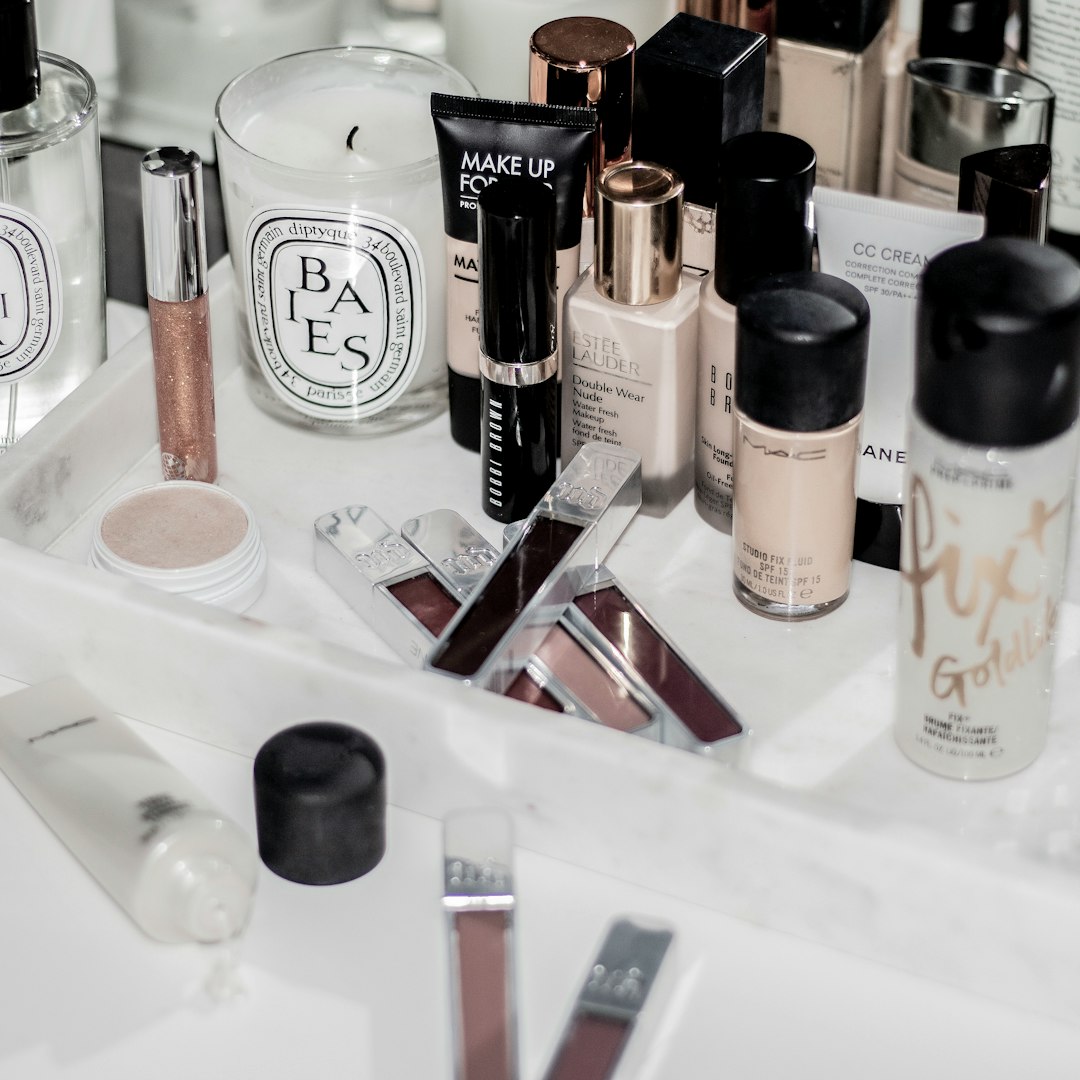Choosing the right foundation for your skin tone is essential for achieving a flawless makeup look. With so many options available on the market, it can be overwhelming to find the perfect match for your unique skin tone. However, by following a few simple tips and tricks, you can easily find the right foundation for your complexion.
First and foremost, it is important to determine your skin tone. Skin tones are typically categorized as warm, cool, or neutral. Warm tones have yellow undertones, cool tones have pink or blue undertones, and neutral tones have a combination of both warm and cool undertones. One easy way to determine your skin tone is to look at the veins on your wrist. If your veins appear greenish, you likely have warm undertones. If they appear bluish, you likely have cool undertones. If your veins appear to be a mix of green and blue, you likely have neutral undertones.
Once you have determined your skin tone, you can begin searching for foundation shades that match your undertones. For warm undertones, look for foundations with yellow or golden undertones. For cool undertones, look for foundations with pink or blue undertones. For neutral undertones, look for foundations that are a balance of warm and cool tones. Many foundation brands now offer a wide range of shades designed to cater to a variety of undertones, so it is important to test out different shades to find the best match for your skin.
When testing foundation shades, it is important to swatch the product on your jawline or chest, as these areas often provide a more accurate representation of your skin tone than your hand or wrist. The goal is to find a foundation shade that seamlessly blends into your skin, without leaving any noticeable lines of demarcation.
Another important factor to consider when choosing a foundation is your skin type. If you have oily skin, look for oil-free, matte foundations that will help control shine throughout the day. If you have dry skin, look for hydrating foundations with moisturizing ingredients like hyaluronic acid or glycerin. If you have combination skin, you may want to consider using a matte foundation on your oily areas and a hydrating foundation on your dry areas.
In addition to skin tone and skin type, it is also important to consider the coverage level and finish of the foundation. Coverage levels range from sheer to full, with medium coverage being a popular choice for everyday wear. If you have blemishes or discoloration that you want to cover up, opt for a medium to full coverage foundation. As for finish, options include matte, satin, dewy, and luminous. Matte foundations are great for oily skin, while dewy and luminous foundations are ideal for dry skin.
To further ensure that you have chosen the right foundation shade, it is important to check the color match in natural lighting. Artificial lighting can often distort the true color of the foundation, so step outside or near a window to see how the foundation looks in natural light. If the foundation appears to be a perfect match for your skin tone in natural light, then you have found the right shade for you.
In conclusion, choosing the right foundation for your skin tone is crucial for achieving a flawless makeup look. By determining your skin tone, considering your skin type, and testing out different shades in natural lighting, you can easily find the perfect foundation match for your complexion. With the right foundation, you can enhance your natural beauty and feel confident in your skin.

